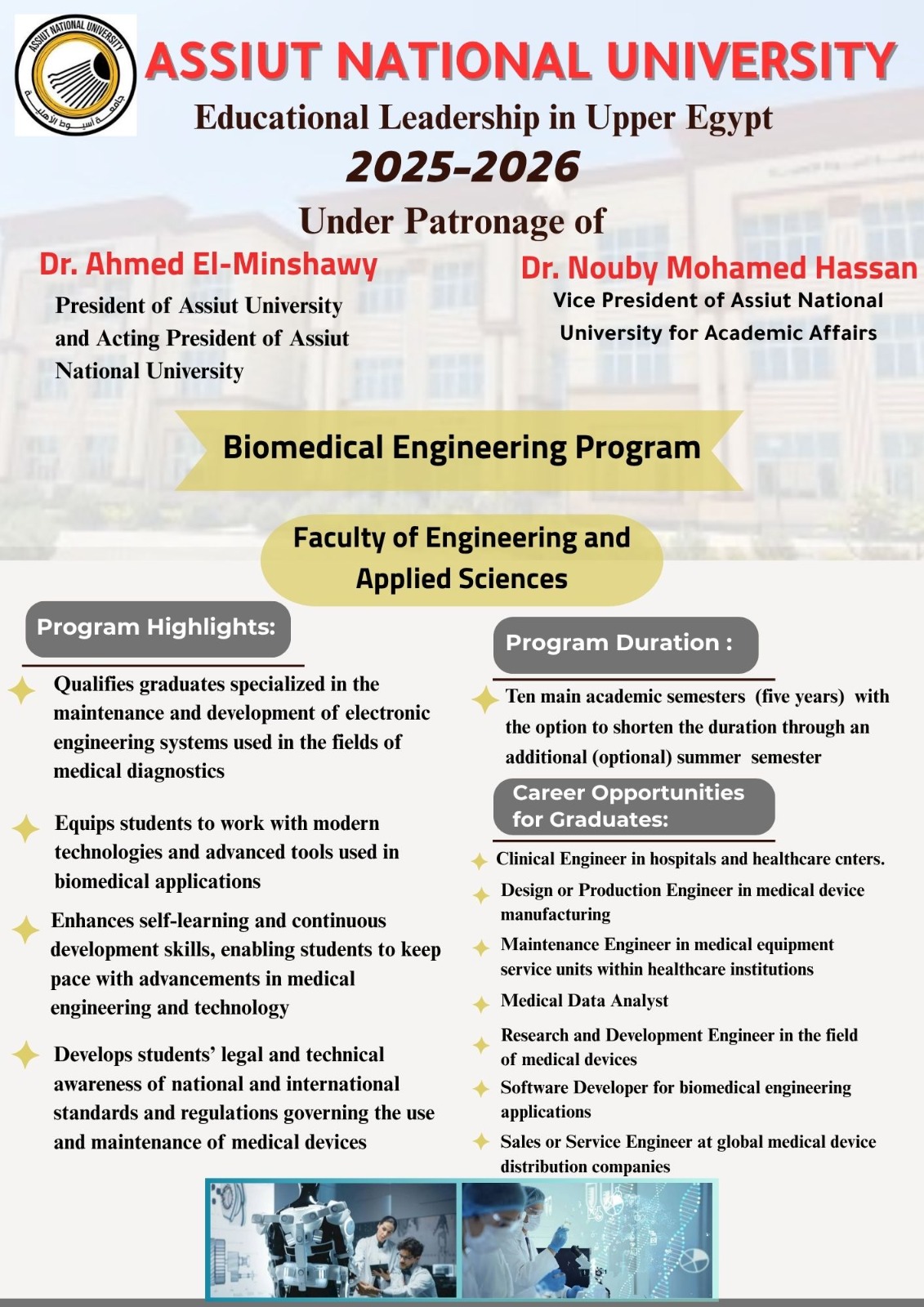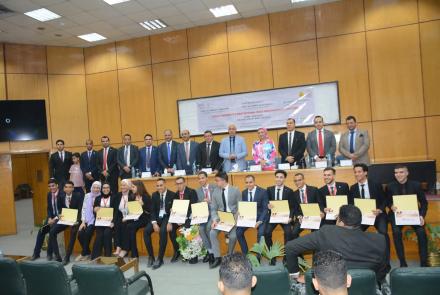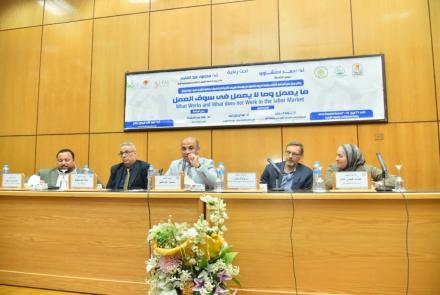
Assiut National university announced the launch of the "Biomedical Engineering" program at the Faculty of Engineering and Applied Sciences, starting from the academic year 2025/2026, under the supervision of Dr. Ahmed El-Minshawy, president of Assiut University and Commissioner for conducting the work of the National university, within the framework of the University's strategy towards providing modern academic programs that respond to the needs of the labor market and keep pace with technological and scientific developments.
The new program comes under the supervision of Dr. Nobi Mohammed Hassan, vice president of National University for Academic Affairs, and Dr. Khaled Salah, dean of the Faculty of Engineering at Assiut University and supervisor of the Faculty of Engineering and Applied Sciences at National University.
Dr. Ahmed El-Minshawy stressed that the program aims to integrate engineering disciplines with medical sciences by preparing qualified cadres to develop and design medical devices and smart technologies used in diagnosis and treatment, which contributes to supporting the health system locally and regionally.
The program includes integrated courses including Basic Sciences, Electrical and Electronics circuits, communications and networks, computers, control systems, biomechanics, artificial intelligence, engineering mathematics, biostatistics, signal and image processing, as well as basic medical and Biological Sciences.
The program aims to prepare engineers who possess deep knowledge of the functions of organs and vital systems, the ability to operate, maintain and develop medical devices, while enhancing the skills of creative analysis, innovation, self-learning, and adherence to the highest ethical and professional standards.
The program lasts for five academic years (10 semesters), with the option of summer classes to accelerate graduation. Each student benefits from academic supervision provided by a faculty member to ensure academic follow-up and mentoring support.
The program qualifies graduates to work in multiple fields, including working as clinical engineers in hospitals and health centers, or in the design and production of medical devices in factories, as well as in the maintenance of devices in medical maintenance units in health institutions, in addition to opportunities to work as medical data engineers, or researchers and developers of technologies in the field of medical devices and biotechnology, as well as the possibility of working as software developers in biomedical engineering applications, or in the fields of marketing, sales and after-sales services at major global medical device distribution companies.
The launch of this program comes within the plan of National University to provide modern interface programs that keep pace with the requirements of the Fourth Industrial Revolution and serve national priorities in the fields of Health and technology.






